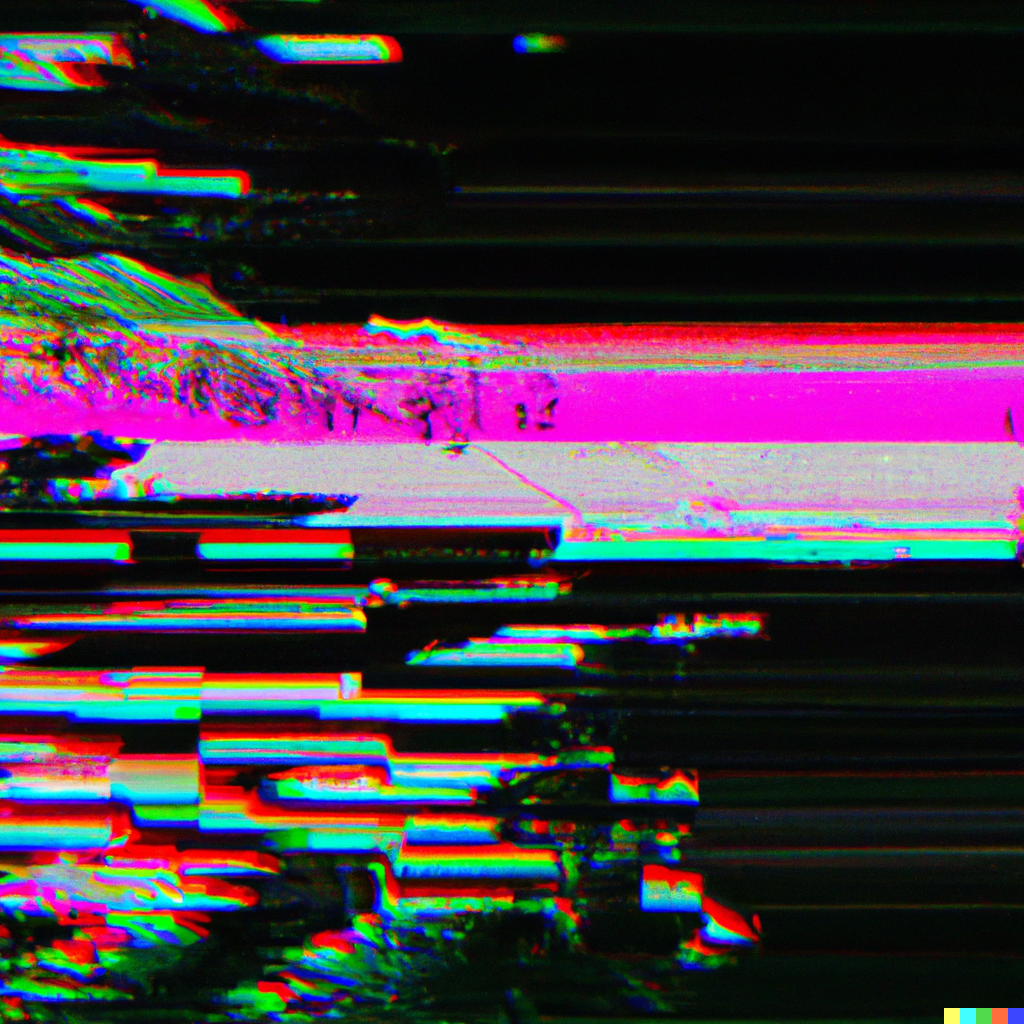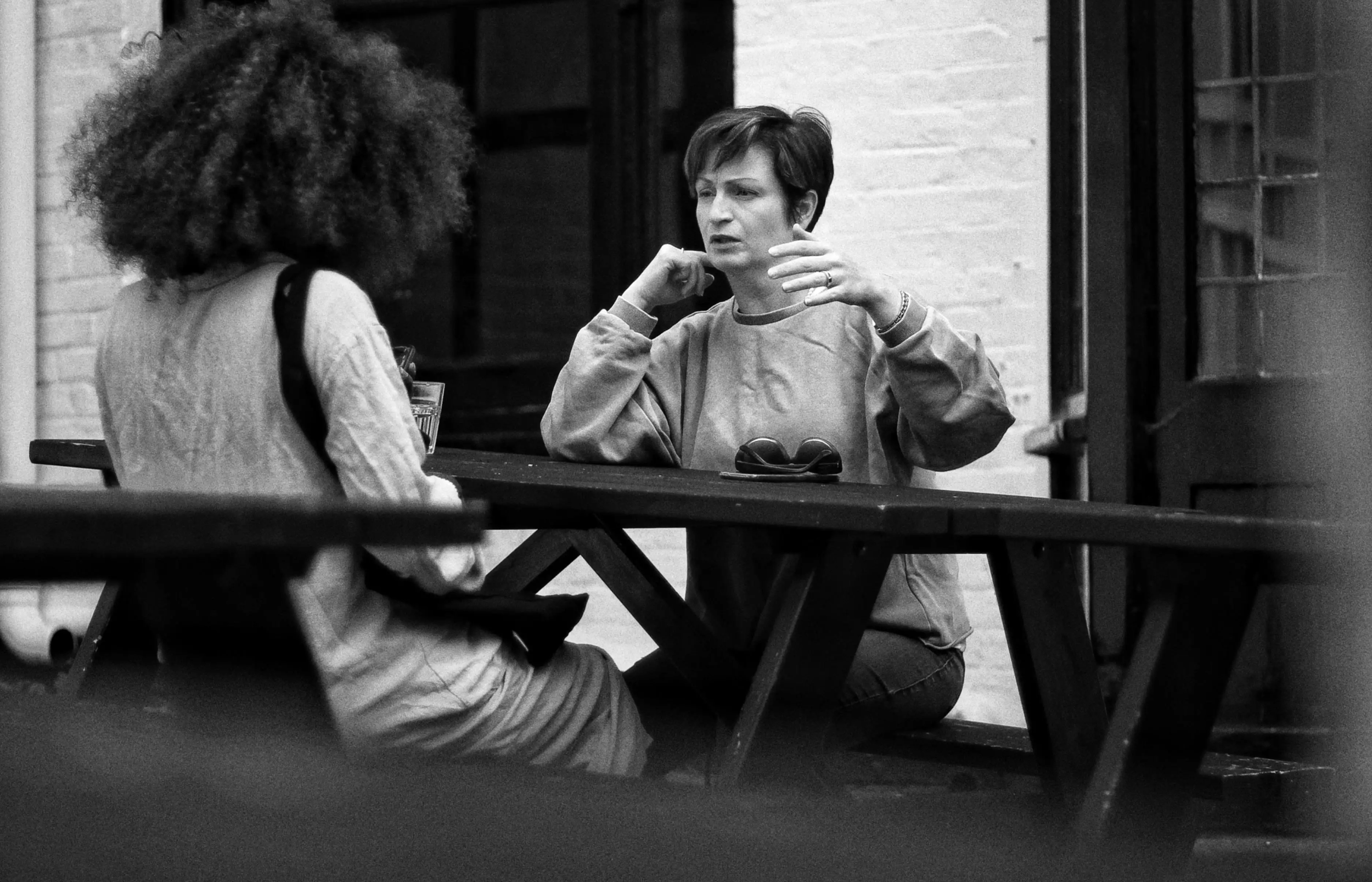Seeing It from Other Eyes
Presented at EPIC 2024, our paper on how first-person data can afford new possibilities for anthropology and the social sciences to capture and work with longitudinal, immersive, behavioural data at scale.
Leading with Perspective E03: Alvin Lu
Episode 3 of our new podcast, Leading with Perspective, where Alvin Lu, CEO of Kodansha USA Publishing, speaks about how to embrace uncertainty and channel chaos as the leader of a legacy brand.
Friction into Traction: A Case Study of Friction in Strategic Ethnography
Our paper on three productive frictions in today’s business setting, presented by Maria Cury at EPIC 2023.
Building for the senses in tech: super-human senses
Our perspective on how to anchor emerging technologies in a deep understanding of our sensory experiences.
Social Algorithms: why we need them and how friction will get us there
There’s an assumption that people want algorithms to serve up frictionless experiences, but our work shows something different. People want to have relationships and dialogues with algorithms and hack them toward different ends – in other words, social algorithms.
How I Built Belonging: with Lynda Hammes
Tertulia co-founder Lynda Hammes on the power of books in community-building, how to use AI to go beyond personalisation and towards belonging, and her future vision for Tertulia.
Phenomena S2 E4: Belonging
Is an overemphasis on shallow belonging contributing to a crisis of loneliness?
Belonging: At Home in the Crowd
The feeling and function of belonging in building community in sport and music – with author David Sikorjak and musician Clyde Lawrence.
Phenomena S2 E2: Algorithms
From fashion brands to Silicon Valley giants, virtually every company is trying to make algorithms work for their business.
Ethnography for the AI Age: How to Get Started
As people flock to the fields of 'responsible AI,’ ‘AI ethics,’ and ‘AI governance’ that are all about shaping AI towards what is helpful for humanity, it is time we ask: where are the ethnographers and applied anthropologists?
Vozes, não dados: construindo conexões entre clientes e participantes da pesquisa
Camila sentou-se em seu sofá rosa desbotado, desenfaixou a atadura em torno da panturrilha e me mostrou um ferimento roxo, uma parte da pele em crosta e uma parte úmida. Sua filha Cecilia sentou na beirada de uma cadeira no canto, completando os vazios na história:
What Dystopian Sci-Fi can Teach us About Disruptive Tech: A Conversation with Max Brooks
ReD hosted Max Brooks to discuss the power of metaphor to strengthen storytelling and why the tech industry should ban the word “disruption”.
We Need to Talk About Synthetic Data
Mikkel Krenchel and Maria Cury discuss the potential promise and pitfalls of the synthetic data revolution underway.
Understanding Our Hands is Key to Getting Haptic Technology Right
As companies roll out haptic technology that mimics the sensation of weight and touch of real objects when handled in virtual space, it’s important we keep the technology in the background to ensure our hands, and humans, can learn, collaborate, and shine on their own.
The Moonshot Tech Challenge of Our Era is Context
A ReD paper based on work conducted with Facebook Reality Labs offers reflections on why context matters and how to study abstract concepts in everyday life.
Five Mistakes Businesses Are Making About The Smart Home
As businesses scramble to understand the digital revolution of the home, they have misunderstood many of the realities of modern domestic life.
Hybrid Methodology
The not-too-distant future may bring more ubiquitous personal computing technologies seamlessly integrated into people's lives, with the potential to augment reality and support human cognition. For such technology to be truly assistive to people, it must be context-aware.
Screenplay, Novel, and Poem: The Value of Borrowing From Three Literary Genres to Frame Our Thinking as We Gather, Analyze, and Elevate Data in Applied Ethnographic Work
Applied ethnography still struggles with the fundamental challenges of framing research to obtain ‘thick’ data, making sense of data in teams and with clients, and making a convincing case with data in challenging environments.




















